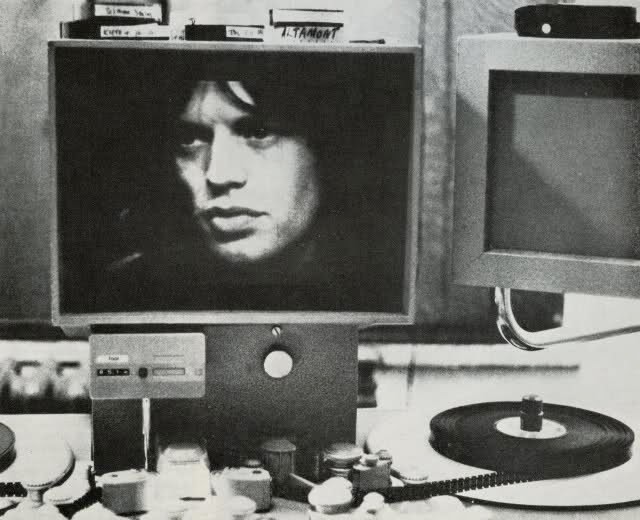Albert Maysles and the Greatest Generation of Documentarians

Albert Maysles died Thursday at age 88. He was a hugely important member of what we might characterize as the greatest generation of American documentarians – the group who took handheld and shoulder-mounted 16mm cameras, previously used almost exclusively for TV news reportage, and used them to create a new style of documentary. Maysles’ first 16mm camera was in fact a gift from CBS after he filmed a report for them.
‘Al’ Maysles, his late brother David and their collaborator Charlotte Zwerin are part of the “greatest generation” of American documentarians. Along with their now-departed contemporaries Emile D’Antonio, Robert Drew and Richard Leacock and (the blessedly still with-us) D.A. Pennebaker and Frederick Wiseman, they brought a new kind of fly-on-the-wall realism to filmmaking. Many called it direct cinema or cinema verite. In truth it was a whole new way of perceiving a filmed record of action.
The Maysles’ and Zwerin made documentaries that will be studied not only as films but as immensely important cultural, historical documents. Consider SALESMAN, GREY GARDENS and GIMME SHELTER and think about all the dense historical, economic, pop cultural and sociological data embedded in every frame.
As the concept of filmed “reality” becomes hopelessly convoluted, it’s hard to even grasp the concept of how different the Maysles’ films were. When they (and Zwerin) filmed Marlon Brando on a press junket they included all the things that “responsible” journalists would be expected to exclude – his insouciance, his constant flirting with attractive journalists – in short, the gentleman’s game of going off-the-record and making the subject look good was over, pretty much once and for all. Of course, this was a tremendously attractive new look for audiences, and for celebrities (like Brando) with a perverse streak. Pennebaker ran with this style a few years later when he followed the most perverse celebrity of all, Bob Dylan, and made DON’T LOOK BACK.
These documentarians changed our cultural expectations of access. TV news changed, narrative films changed, in some way our brains probably changed as we learned to weigh and evaluate our own perceptions from the data we were presented. We filtered the facts from what appeared to us to be a raw mass of data (in fact it was selected with artistry and discretion) and came to our own conclusions. And, of course, with our increasing sophistication as media decoders came an increasing sophistication in the halls of media manipulation, but the good guys were out in front on this one.
Maysles and company helped us find our internal cultural bullshit detectors. Their films help us better judge and evaluate the data we receive, and their subject-matter and editing choices allow us to truly see these things for ourselves, even when the lights come back up.










